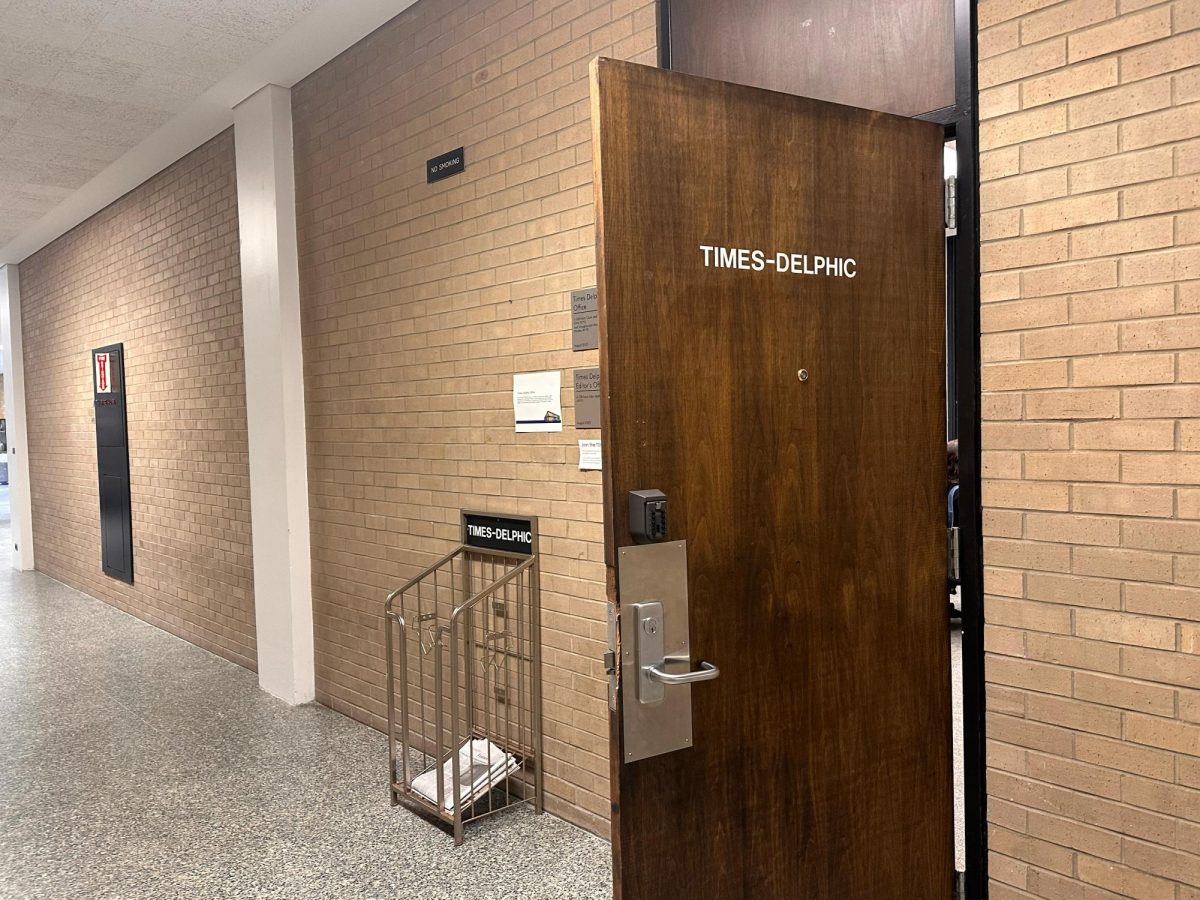As student journalists, it is our duty to inform Drake students of campus happenings ranging from concert coverage to in-depth budget cut breakdowns. We are also the historical record of the student body, with our materials being archived to represent the happenings of each week.
We cannot perform our jobs if those in-the-know stonewall or ignore us, which has been happening in our communications with many members of Drake University administration. Currently, in our interactions as student journalists with Drake administration, we feel under informed on key issues and unable to get key information or answers.
None of this is to say that we have not had many positive interactions. Ourselves and our writers have very effective and beneficial interactions with members of Drake administration, many of whom answer their emails promptly and agree to interviews in which they answer questions transparently. This only benefits our coverage, allowing us to give the full scope of matters at hand with all perspectives included.
Drake administration has been avoidant in providing numbers for admission and general budget statistics. Many times we are denied anything but email interviews, especially when we inquire about construction and funding. Email interviews make asking for clarification or follow-up information difficult, especially on a deadline.
During interviews, The Times-Delphic staff members often uncover information that we feel should have been a campus-wide email or On Campus announcement. In one case, during an interview, we found out that the showers would be turned off over Fall Break, shortly before the break occurred. Residents were not aware of this, and an email from Residence Life directly contradicted it. We published our information in an article, and sure enough, Residence Life informed residents shortly after. In the case of mold in Howard, that should have been communicated to people with a class in Howard, rather than just professors, as one professor had a major allergic reaction.
We have also noted a lack of communication directly to students, especially in times of emergency. Many staff members have noted that the amount of Bulldog Alerts has dropped, and that many are vague.
The attempted abductions are one example of this. Scott Law sent out a campus-wide email about one attempted abduction, while on YikYak and other platforms, people spread information about more. Law clarified to our writers that the others did not qualify as attempted abductions, he did not communicate with the student body to dispel these rumors.
Often, this lack of communication results in rumors being spread about the situation on YikYak or other social media sites. It falls to the TD to clarify what is true and false, which we cannot do without effective communication with the people in-the-know. More often than we would like, these sources do not respond to us in a timely manner — if at all — even if we go to all possible measures.
While we are the student newspaper, we only publish weekly and are also students, meaning we also have classes and, in many cases, additional workloads. We should not be the primary source for safety threats or dispelling rumors. We communicated what we knew about the abductions on our social media platforms, as we do with any breaking news cases, but we do not have the reach that campus-wide emails would.
Some of staying informed does fall to students. You as students can stay informed by reading our paper, talking to your friends and telling us any stories you hear. You should be aware of what is happening on your campus. It is your future on the line.
Ultimately, as your student newspaper, we want to inform you, our readers, about the place you live in the best we can so you can make informed decisions. And we can only do that if those in-the-know communicate with us.
Note: While opinions in this editorial are composed of staff responses, Managing Editor Lily Wasserman compiled and wrote this.







